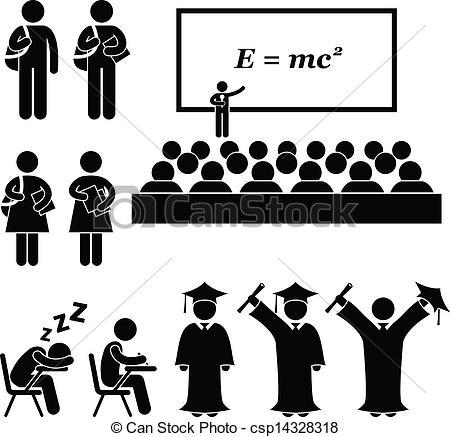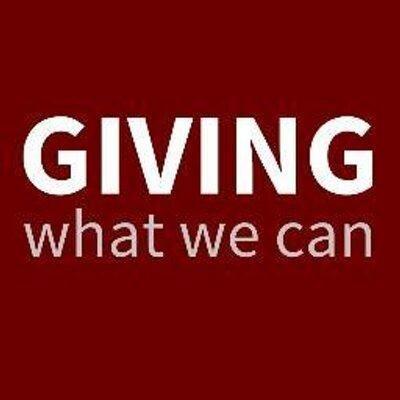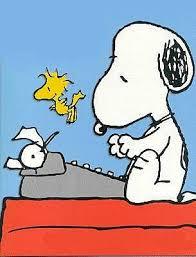Being a Rebel at Work Can Help Your Career
Feb 09,2016
A great example of how rebelling a little bit can help your career is Donna Dubinsky. She was a sales and distribution manager at Apple when Steve Jobs decided to do away with warehousing and start a "just in time" computer assembly. She told her bosses that she disliked the idea and said she would quit if she couldn't come up with a better alternative within 30 days. Taking a stand paid off for Dubinsky. It showed that even though she was disagreeing with her bosses it was because she had the company's best interests at heart. Her proposal was accepted and she got a promotion.
Dubinsky's story is just one of many anecdotes and lessons that are given in the book Originals by Adam Grant. The following are some of the other insights given in this book which may help guide you during your career.
1. The most Original Ideas Come from the most ordinary situations
Grant used the phrase "vuja de" (similar to "deja vu") to describe times when you suddenly see an old problem but in a new light. An example of this is when Warby Parker, cofounder Dave Gilboa found himself questioning the high cost of glasses after a visit to the Apple Store. He thought to himself, why are glasses (which have existed for almost a thousand years) so expensive, while smartphones (a recent innovation) get cheaper every year. That fundamental question is what inspired him and his co-founders to start the discount glasses company Warby Parker (valued at $1.2 billion as of April 2015).
2. Being your own critic can be a good thing
Sometimes being open and honest about the cons to your idea can actually help convince people of it's brilliance. An example of this is when Rufus Griscom approached investors in 2009 to ask for funding for Babble (an online parenting magazine and blog he started with his wife). He started with a slide listing the top 5 reasons not to invest in the business. That year, he collected $3.3 million in funding. Negative thinking can make you more prepared for an and all outcomes. Grant calls people like Rufus "defensive pessimists" because the anticipate things going wrong, but have anticipated the issues as well as the solutions to dealing with them.
3. Procrastination can be good sometimes
Nearly everyone has been told at some point to always get a head start on major tasks, but there are actually advantages to putting them off. Really taking time to think about projects, rather than rushing into them early on and finishing them in one sitting can give you the time to perfect your ideas. It's called the Zeigarnik effect, named after a Russian psychologist who theorized that people have a better memory for incomplete assignments than finished ones. This leads to a more creative solution. An example of this is creative improvisation is when Martin Luther King Jr. waited until four days before giving his famous "I Have a Dream" speech before writing it. The speech's popular title wasn't even originally scripted: King included it after his favorite gospel singer, Maahalia Jackson, yelled "Tell 'em about the dream, Martin!" during the address.
4. If you have a radical plan, start small
The individual of any radical idea can have many opponents regardless of the brilliance of the idea. It's sometimes safer to present you idea in a more appealing way that doesn't "knock people off their feet". An example of this is uBeam founder Meredith Perry. She was shut down repeatedly when she approached engineers and investors with her idea to build a transducer that would transmit power wirelessly. She had much more success when she instead approached engineers individually asking if they could build separate parts that together would make up the whole of her system.
5. Use your Challenges
Weaknesses can be as valuable to you as your strengths. Grant gives the example of younger kids, who are usually at a disadvantage to older siblings. "Faced with the intellectual and physical challenges of competing directly with an older sibling, the younger chooses a different way to stand out," Grant writes. Younger siblings also enjoy the benefit of older siblings' protective instincts, Grant points out, which may be why they tend to take more risks. They're more likely to choose unconventional jobs-as comedians, for example (Stephen Colbert, Chelsea Handler, and Louis C.K. are all youngest siblings)
6. Rules don't always help
Research shows people are more positively affected if you say "don't be a cheater" than if you tell them simply, "don't cheat." Creating rules can provoke people to break them, whereas appealing to employees' sense of morality can be more effective. A study of children sharing marbles with their peers found that those who received praise for their character were more likely to repeat generous behavior in the future. Focusing on character traits rather than prescriptions "evokes a sense of self, triggering the logic of appropriateness: What kind of person am I, and who do I want to be?" Grant writes.
7. It can be ok to be unprofessional
Professionalism can be an extremely vital party of your career. However, there will most likely be times in your career when you and your coworkers need to blow off steam. This can be healthy, when done correctly Grant writes about a group of surgeons who regularly endured verbal abuse from their attending physicians. So at happy hour, they would pick an "Asshole of the Week." It gave them an outlet for their stress and increased their sense of camaraderie. Twenty years later, the surgeons hold positions at the top of their fields, and have vowed to stop the cycle of abuse by treating residents with more respect then they themselves received.
References:
1. Close, K. (2016, February 2). How Being a Rebel at Work Can Boost Your Career. Retrieved February 9, 2016.
Schedule





